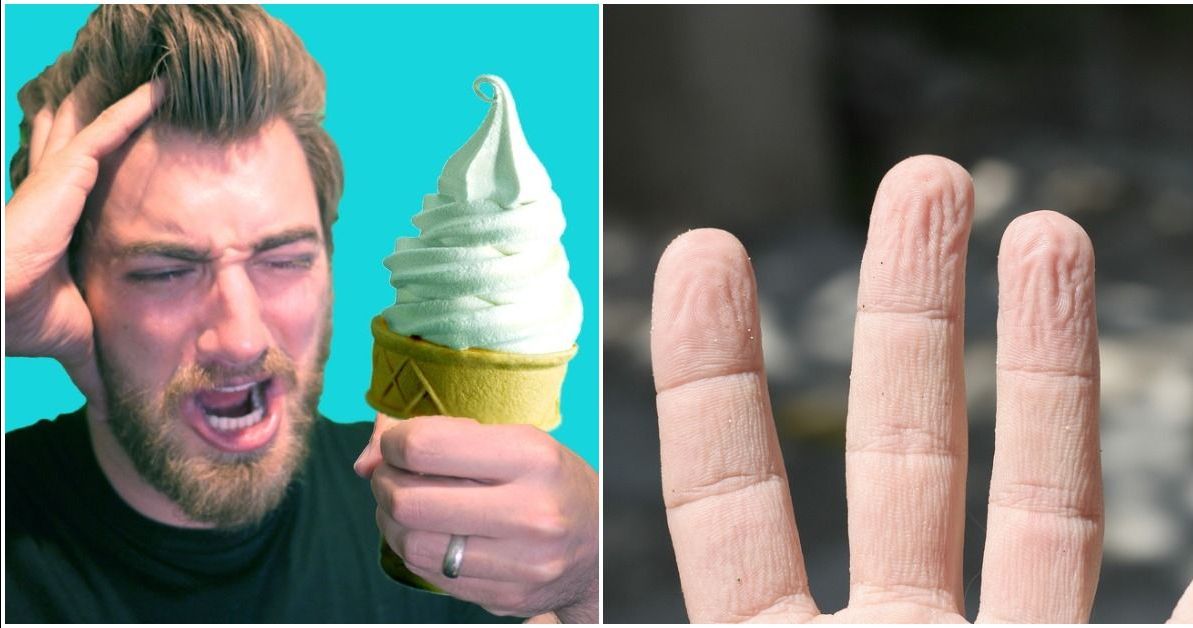There are some questions that will just never be answered... or at least that's what our parents told us when we asked "why is the sky blue" for the 50th time.
In fact, scientists love digging into those weird and bizarre questions that we all ask about the world around us.
Our bodies offer some of the strangest mysteries of all, from why we age to how our memories work.
But I was always interested in the really odd questions, like what is a "hiccup" anyways?
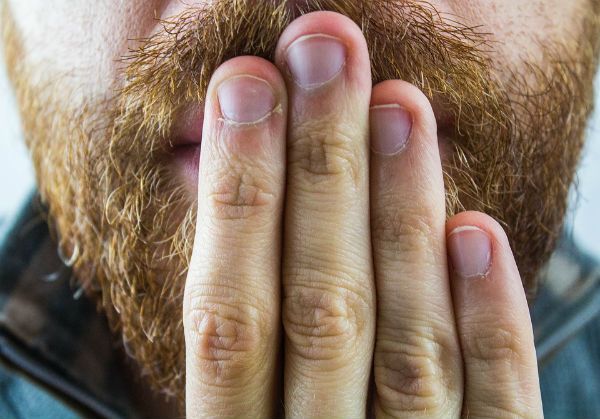
Science has the answers, and they might surprise you.
1. Why do bright lights make me sneeze?
Right now, you're either dying to learn the answer or wondering what I'm talking about.
A sneeze is normally caused by something bothering the inside of your nose. Your muscles expel allergens, dust, and boogers when they get too irritating.

But some people say they sneeze after looking into the sun, or a bright light. It's actually a genetic trait, like being able to wiggle your ears.
Scientists call it Autosomal Dominant Compelling Helioopthalmic Outburst (ACHOO for short) and say it happens when the vision center of your brain overloads, irritating your nose nerves.
2. Why does my hair stand on end?
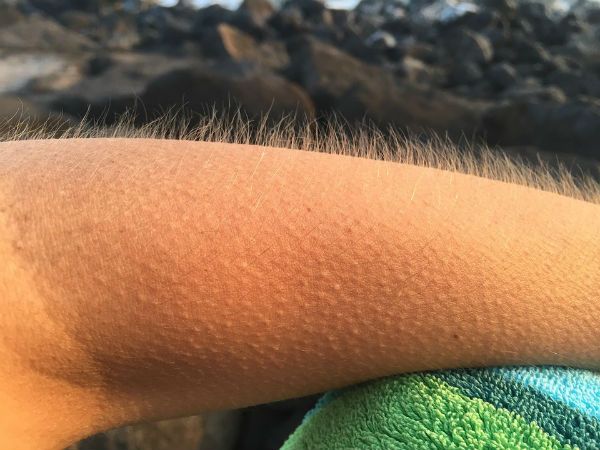
This reaction can happen naturally when your skin gets cold. Tiny muscles contract all over your body because of the temperature, and this makes your hair stand up.
But your body can also make your hair stand up when you're nervous, threatened, or excited by releasing adrenaline.

This is a leftover feature from evolution, when our ancestors needed to make themselves look big and scary to ward off predators.
It's the same technique cats, squirrels, and other mammals use to puff up their fur.
3. Why do a feel my phone vibrate when it's not in my pocket?
Cases of "phantom texts" are getting more common as people adjust to carrying their smartphones around 24/7.

The explanation is actually very simple: the muscles in our legs learn to alert us when we feel our cell phones vibrating (we don't want to miss a call, after all).
Over time, we get a little too sensitive, and our clothing can set off the same mental alert as our phone.
If you stopped carrying your phone in your pocket for a few weeks, phantom texts would stop eventually.
4. Why do I taste metal when I exercise?

The good news is you're working hard. The bad news is you're working a little too hard.
When you're exercising, it's possible to pop red blood cells from your increased heart rate and blood pressure.
Those burst cells release hema (iron) which leaks into the air sacs of your lungs. Eventually, the taste of blood seeps up to your mouth.
It sounds scary, but it's nothing to worry about unless it happens every time you exercise. Then you should see a doctor.
5. Why does my body smell?
There are so many answers to that question, but it's worth digging into what smell you're noticing.
Some, like fruity breath or stinky urine, are warning signs of more serious conditions.

Each stage of our lives also has a distinct smell, created by how we spend our time.
If you've been spending more time indoors, ignoring your personal hygiene, and not drinking enough water, you could develop "old person smell" before your time.
6. Why do my fingers wrinkle up in the shower?
Most of us notice this quirk of our bodies every day, but never question why it happens.
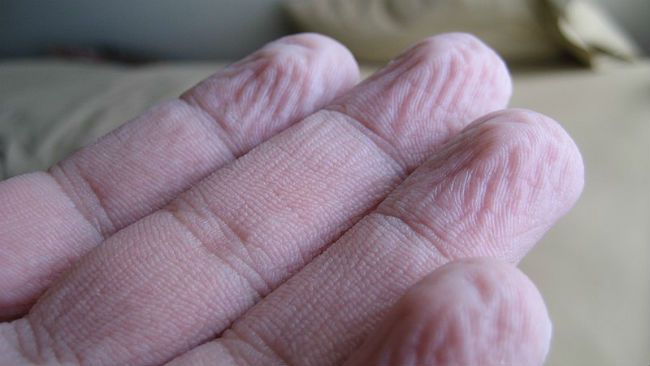
After all, only our fingers and toes get pruney when we wash. What's up with that?
The reason for this reaction is still hotly debated, but one group of scientists says wrinkly fingers and toes give us more traction in the water.
So thank your wrinkly toes for keeping you from wiping out when you step out of the tub.
7. Why does my brain "pop" right before I go to bed?

Many people describe hearing the sound of an explosion right before they go to bed, or feeling their head jerk backwards, sometimes with a strong feeling of falling.
In fact, this is called a myocyclonic jerk, and it can happen at any time of day.
As your breathing and heart rate slow down, your brain might mistake it for dying. Experts say the sudden spasm is an attempt to wake you up and keep you alive.
8. Why do I get brain freeze?
Here's an easy trick to avoid brain freeze: don't drink anything cold with a straw, and keep ice cream at the bottom of your mouth.

Why does this work? Brain freeze happens when your palate (the roof of your mouth) gets cold suddenly.
Your brain send blood rushing to the vessels on top of your mouth to try and warm them, and the increased pressure creates a headache.
That means you can cure brain freeze quickly by warming or massaging your palate.
9. Why do I yawn when I see someone else yawn?
First things first: a yawn is your body's way of cooling down a tired brain, and drawing in more oxygen to help it function.

So why can we "catch" a yawn from someone else?
It has something to do with our social nature. Even when we're not tired, our brains will naturally mimic someone else by yawning along with them.
The tricky thing is seeing animals yawn and even reading the word yawn is enough to set some people off, and researchers don't know why yet.
10. Why do I laugh when someone tickles me?
The ancient Greeks were the first to wonder what tickling is all about, and it has stumped experts ever since.

It seems to be connected to our body's fear response, since it's much harder to make yourself laugh through tickling.
Evolutionary biologists guess that humans feel ticklish on vulnerable areas, and learned to feel that way to protect themselves from predators.
This explains why the parts of your body that trigger a reflex response when you touch them are usually ticklish.
11. Why do we get the hiccups?

We know what causes hiccups: spasms in the diaphragm, the muscle underneath your lungs.
Why those spasms start in the first place is a little trickier.
It might be linked to a nerve in your throat called the vagus, which causes diaphragm spasms when it gets irritated.
Plenty of hiccup cures - like swallowing a spoonful of sugar - seem to work by irritating the vagus nerve to "reset" it.
12. Why do my legs "give out" suddenly?
Nine times out of ten, you can chalk up this scary reaction to a muscle spasm.
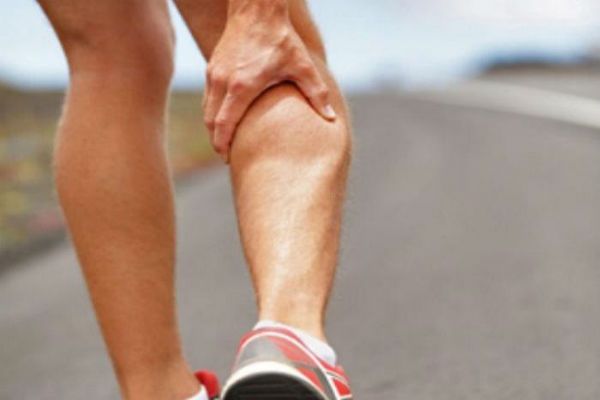
These involuntary movements are more common when your muscles have been resting for a long period, like after sitting at the computer all day.
However, in rare cases nerve damage and spinal cord injuries can make your muscles "give out" suddenly.
If you experience numbness, weakness, and burning leg pain, you should see a doctor.
13. Why do I cry when I feel sad?

Don't feel bad if you're a crybaby, because shedding tears is actually great for your health.
Emotional tears (as opposed to tears that protect your eyes) can be connected to sadness, stress, anxiety, or even happiness.
It seems like crying is a handy way of flushing out hormones linked to your emotions.
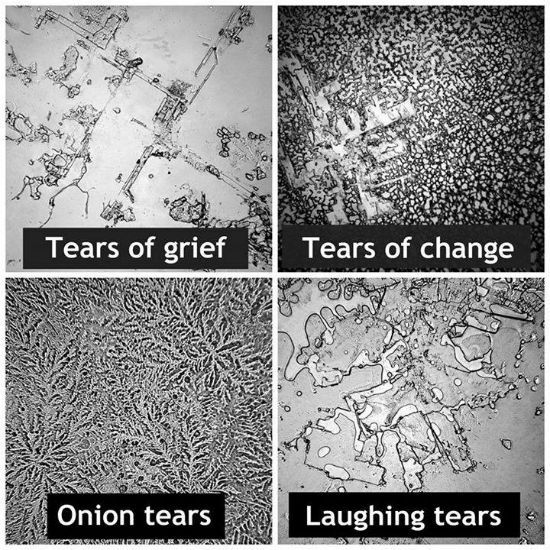
Checking different kinds of tears under a microscope reveals how different they look.
So if you're feeling stress, go ahead and let it all out, your body will thank you.
These are 21 strange symptoms of serious health issues that you should know.
And watch out for the 11 signs your body is under too much stress.
